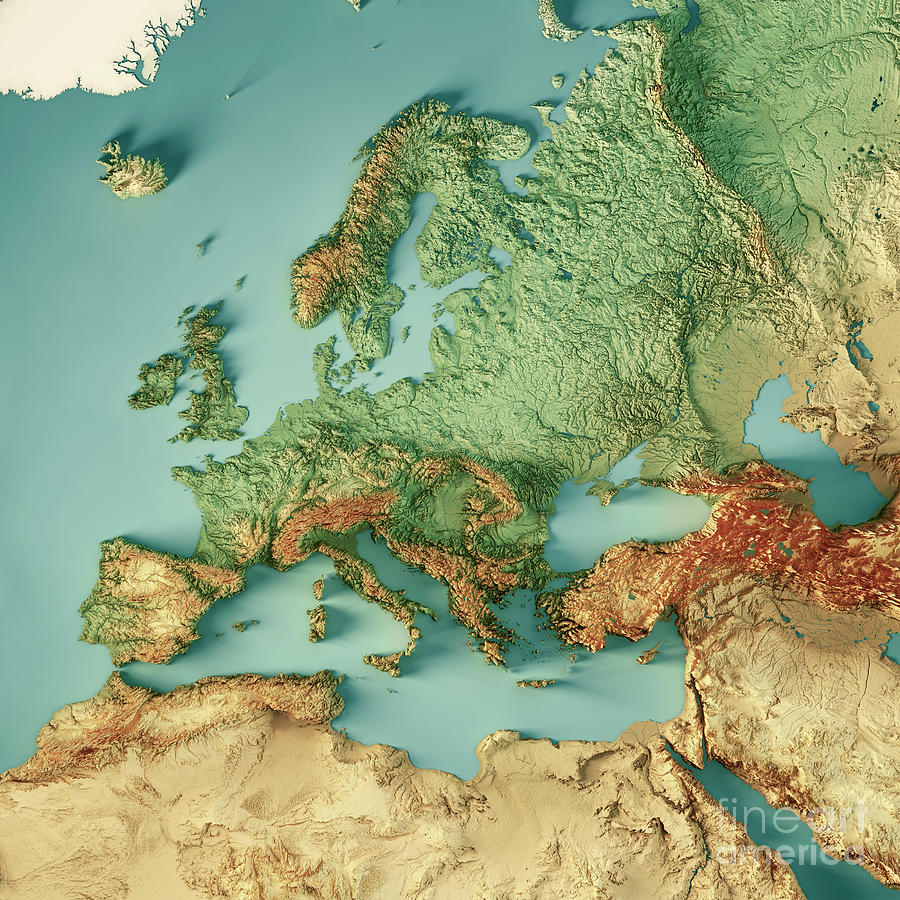

Strategy favourite: EU4, before mission trees were added (too railroaded now). Yes computer game. It’s asymmetric, meaning you can choose to start in stronger or weaker positions.
Honourable mention: Go, chess, or other games with one page rules and emergent complexity.
Strategy bleh: any of the modern points based board games that take longer to read the manual than play the game. Catan is the only one I tolerate here, as it has enough people that know the rules that you don’t need to reread it for everyone’s benefit every time. If the game needs a GM to handle the rules, you cannot know enough about the rules to form a strategy while only playing it rarely.
Chance: Cribbage, in two player version. Well, admittedly you can still outplay the other player. But to outplay them, you need a fast and intuitive grasp of statistics. Selecting the cards for the crib is the biggest strategic advantage here, and it’s more of a weighted odds thing.
Chance bleh: Blackjack. You have no way to affect the outcome. There is a right way to play (over a large enough number of hands), and that is it.
Hybrid: soft spot for Texas Hold 'em. It’s a good hybrid of chance, strategy, and straight up social skills. No other game seems to rely as much on reading people, and you can do this right or wrong in dramatic fashion.
Lastly: D&D is the best of everything. The rules are long, but the DM looks after details (or you can wing it and no is grabbing the book to check). It has the reach of Catan, meaning you aren’t learning new rules at every table. There are social elements, chance elements, tactical elements.







Nope, haha. OpenSuse is old.
This is an amazing graph. https://en.wikipedia.org/wiki/File:Linux_Distribution_Timeline.svg
OpenSuse comes from Suse which comes from Jurix and Slackware. There’s a dotted line from Redhat, because of the use of the RPM format, but that is as far as their interbred. Many people consider it one of the OG distros.
Arch sprang from the aether later, but one could argue it owes Gentoo for its concept (also a dotted line there).
Debian is an OG. It, Redhat, and Suse are approximately the same age.
Slackware on the other hand just keeps going.